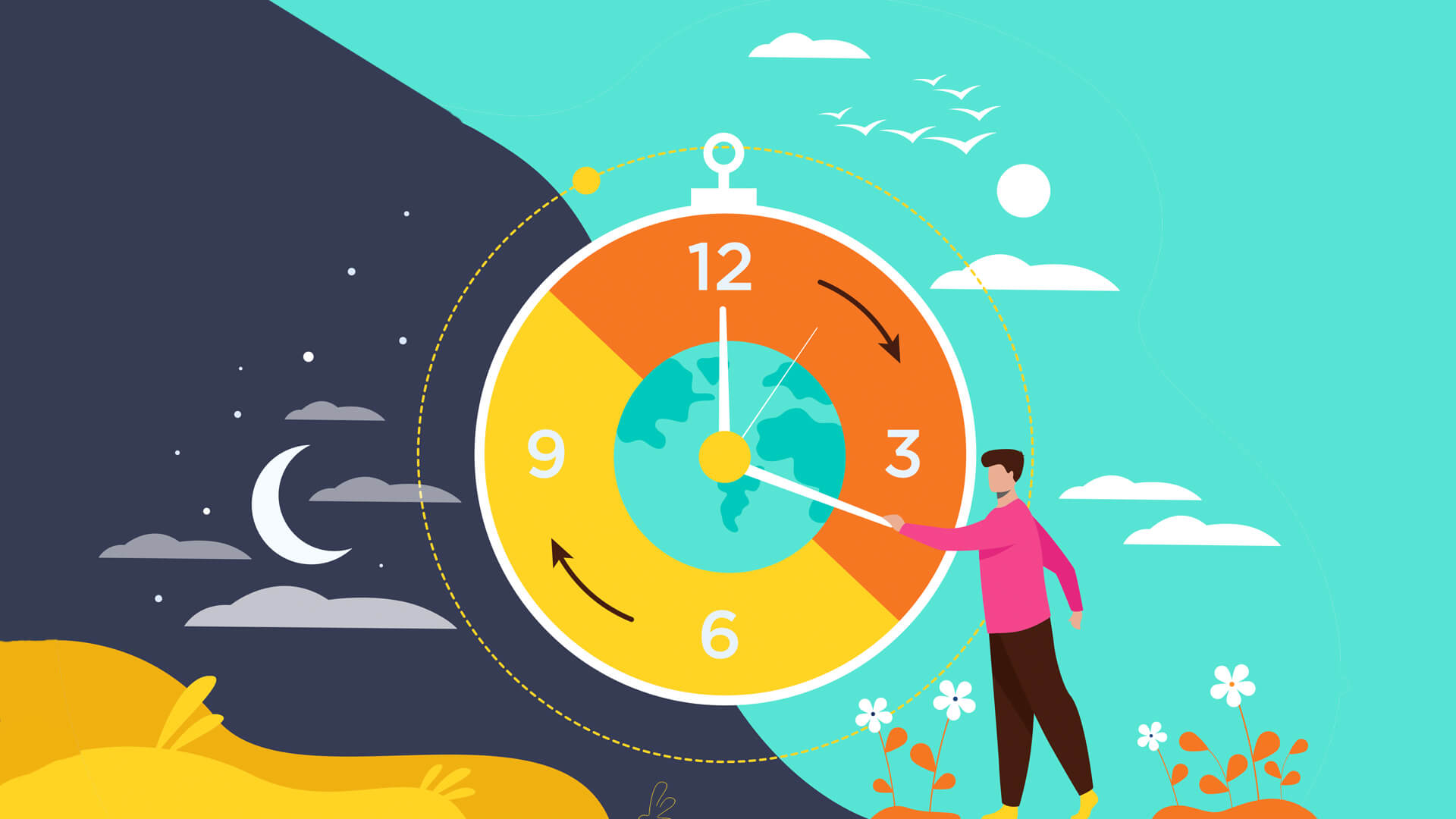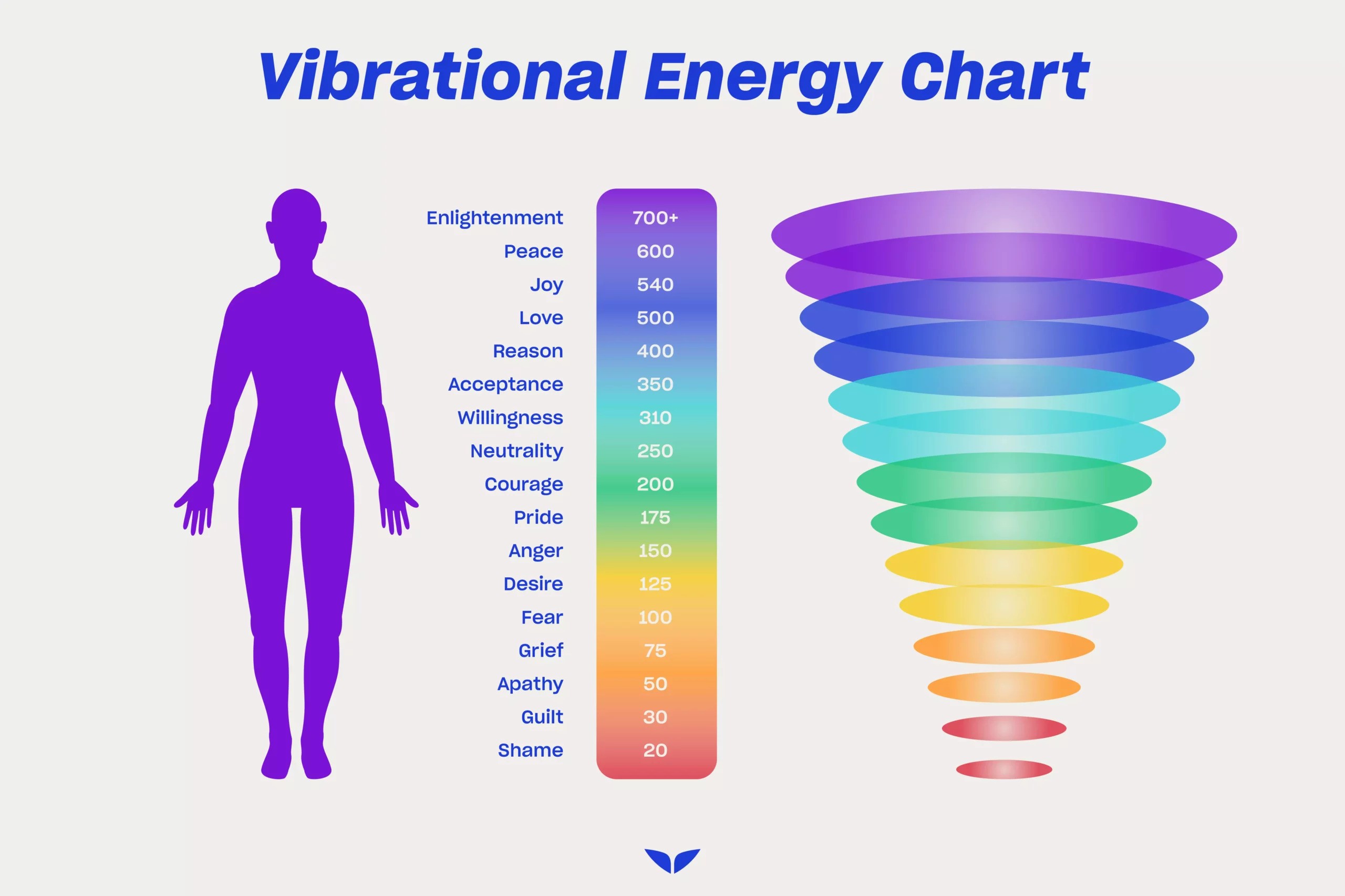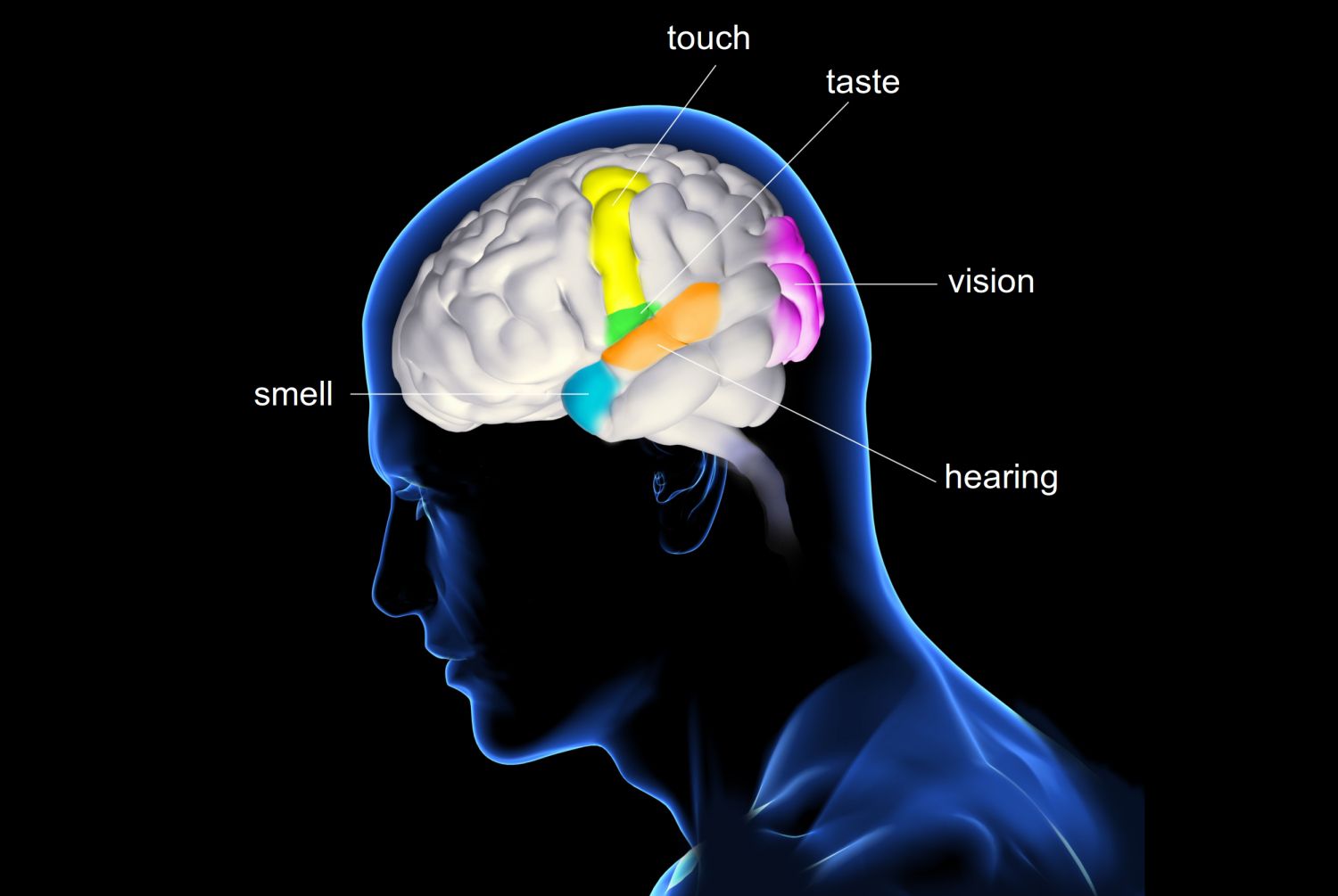What’s The Best Time For Meditation?
When you're feeling anxious and out of control, meditation can be one of the most effective strategies to help you find a sense of serenity and clarity. Here are some suggestions on when you should meditate, even if you think you're too busy to do so.
If your life is so crazy that you can't spend 10 minutes being attentive and present, it's time to hit the pause button and rethink your priorities. It's possible that you'll need to make sacrifices in certain aspects of your life to create a place for more valuable and healthy pursuits, such as mental wellness. If you're continually swamped with challenging thoughts and feelings, how can you expect to manage the stress of so many commitments and responsibilities?
After all, you rely on your mind for a variety of tasks every day, like thinking, being creative, solving issues, and connecting with others, to mention a few. You owe it to your mind to set aside time to meditate so that you can get a better understanding and appreciation of the present moment, as well as the ability to perform at your highest level in all you do.
You can truly remodel your brain through meditation to boost beneficial attributes like decision-making and compassion while decreasing less positive traits like fear and anxiety. As a result, by including meditation on your to-do list, you'll be able to alleviate some of the tension and confusion.
The Best Time For Meditation
The optimal time to meditate is determined by your lifestyle and the benefits you hope to achieve from your practice. Meditation has been found to have a variety of health advantages when practiced on a daily basis. Meditation improves concentration, reduces stress, and improves sleep quality, to mention a few benefits. The potential benefits will be proportional to your willingness to sit. That's why it's crucial to choose a time that fits your schedule.
1. Meditate in the morning
The best time to meditate is often regarded to be first thing in the morning when the mind is calm and clear. We're also less likely to fall asleep early in the morning. Morning meditation is appreciated by people who practice it every day because it sets a calm and constructive tone before the day's activities and distractions begin. Many folks prefer to take a seat before eating breakfast. You may attempt a gratitude meditation in the morning.
Beginners may struggle to find time to meditate in the morning, especially if stress and commitments make it difficult to relax. They may find it advantageous to settle into just a few mindful breaths, continuing with awareness for as long as is comfortable, rather than committing to a complete session.
2. Meditate during the lunch hour
The majority of meditators practice in the morning or evening, but lunchtime meditation can also provide a welcome break from the daily grind. Whether you've just concluded a long staff meeting or are getting ready to meet with a potential client, meditation in the middle of the day is a great way to de-stress. It also aids in the relaxation of your “computer desk” muscles. Even a few minutes here and there during the workday can make a difference. Many organizations have discovered that providing their employees with the space and chance to unplug enhances employee well-being, creativity, and productivity.
3. Meditate after work
For good reason, some people prefer to meditate shortly after they get home from work. Meditation is a fantastic approach to reduce the tension that builds up in the body and mind during the workday, especially if your job is physically hard or mentally demanding. Meditating after work also establishes a useful and distinct line between your busy professional life and your personal life. You may leave work behind and devote more time to the other essential things in your life, such as your loved ones and leisure hobbies if you schedule regular quality "you" time.
4. Whenever you're stressed
It's beneficial to meditate for a few minutes during the day if you're feeling overwhelmed or pushed for time. Meditation can help you calm down, relax, and think clearly about the next move or action you should take. It seems contradictory ("I don't have time to meditate since I'm so busy!"). However, stress is sometimes caused by the perception of having too much to do rather than the actual presence of too much to do. Meditation can assist you in feeling healthier and less stressed.
The bottom line
Although meditation can be beneficial at any time of day, many individuals feel that the greatest time to meditate is in the morning because it is often the time of day when there are the fewest distractions. When you do it first thing in the morning, you ensure that it gets done; if you wait until later in the day, it may become easier to cross it off your to-do list as the day develops and becomes increasingly chaotic.
Additionally, meditation first thing in the morning can be an energizing and effective approach to begin the day. By meditating first thing in the morning, you're setting yourself up for a successful day, giving yourself the best chance to be completely aware, fully alert, fully tranquil, and confident in your ability to handle whatever life throws at you. Many people also believe that having a daily routine, such as meditation, is grounding – something they do every day, regardless of their busy schedules.



